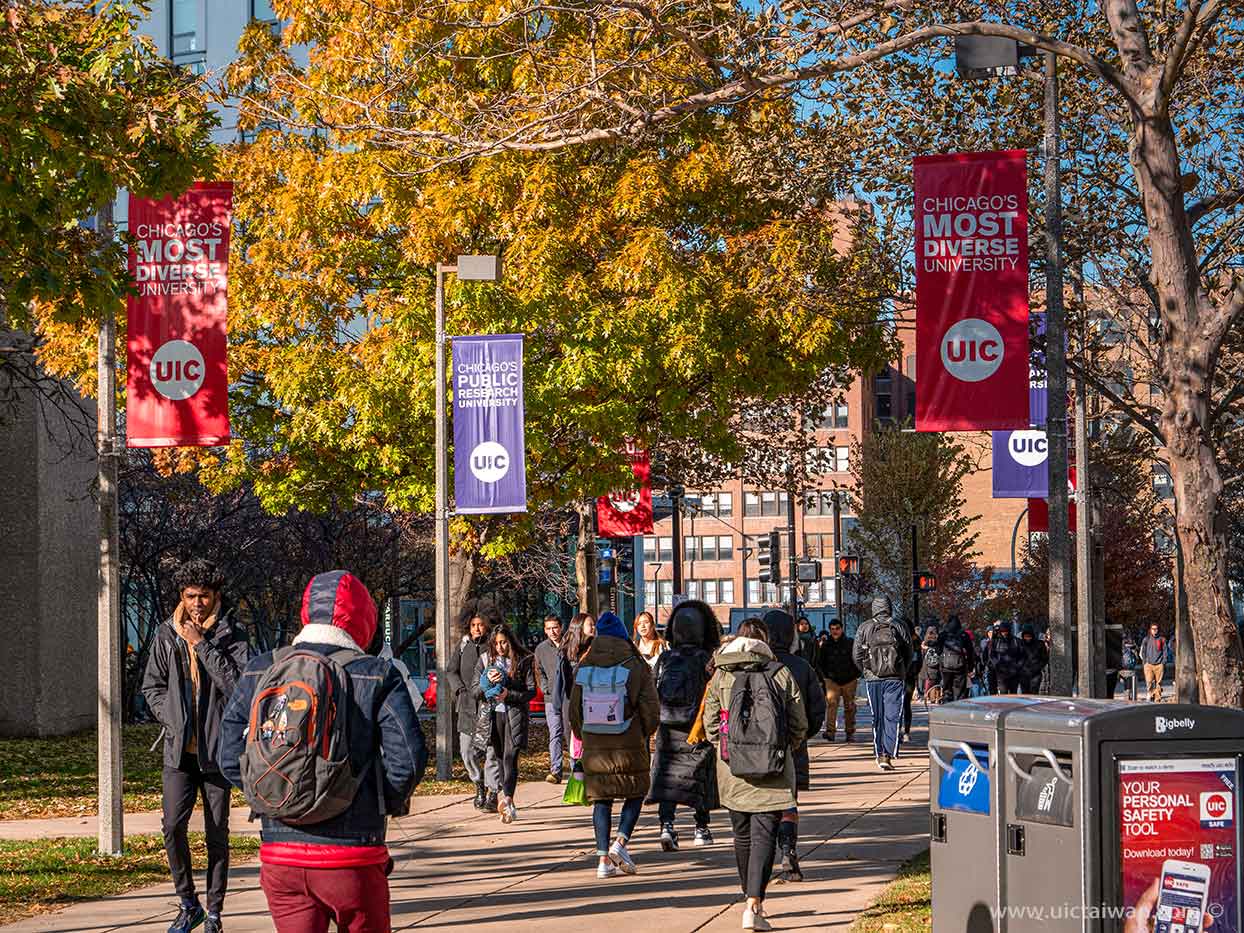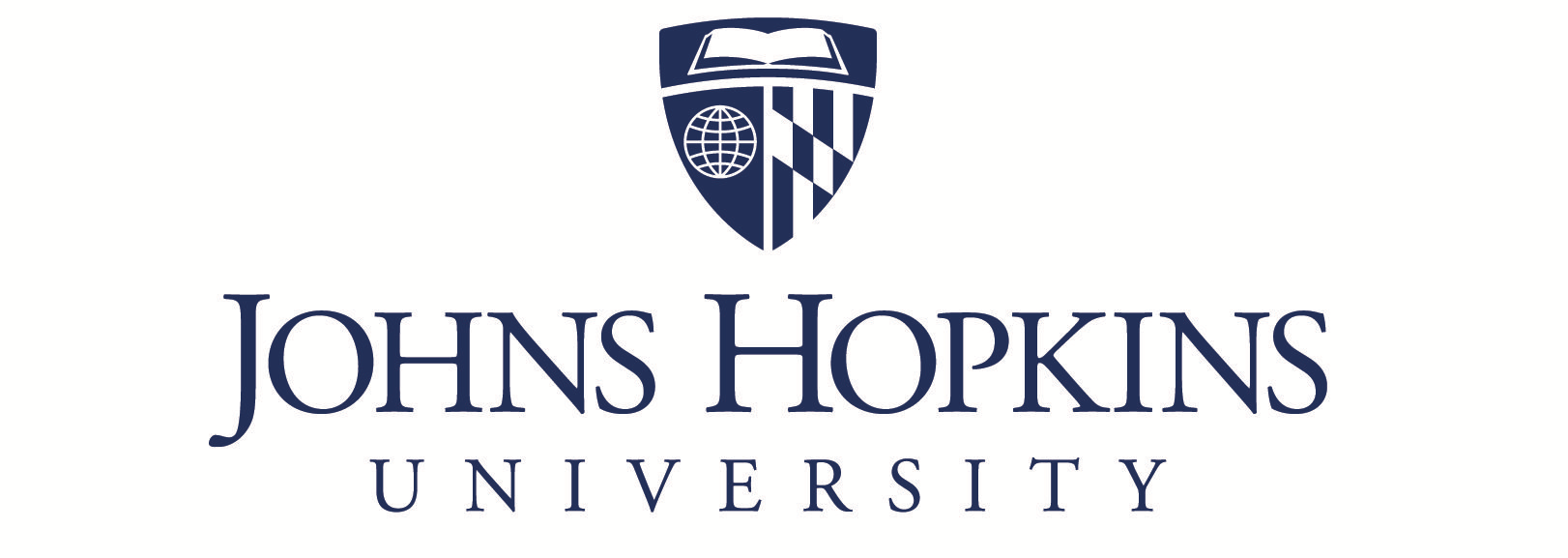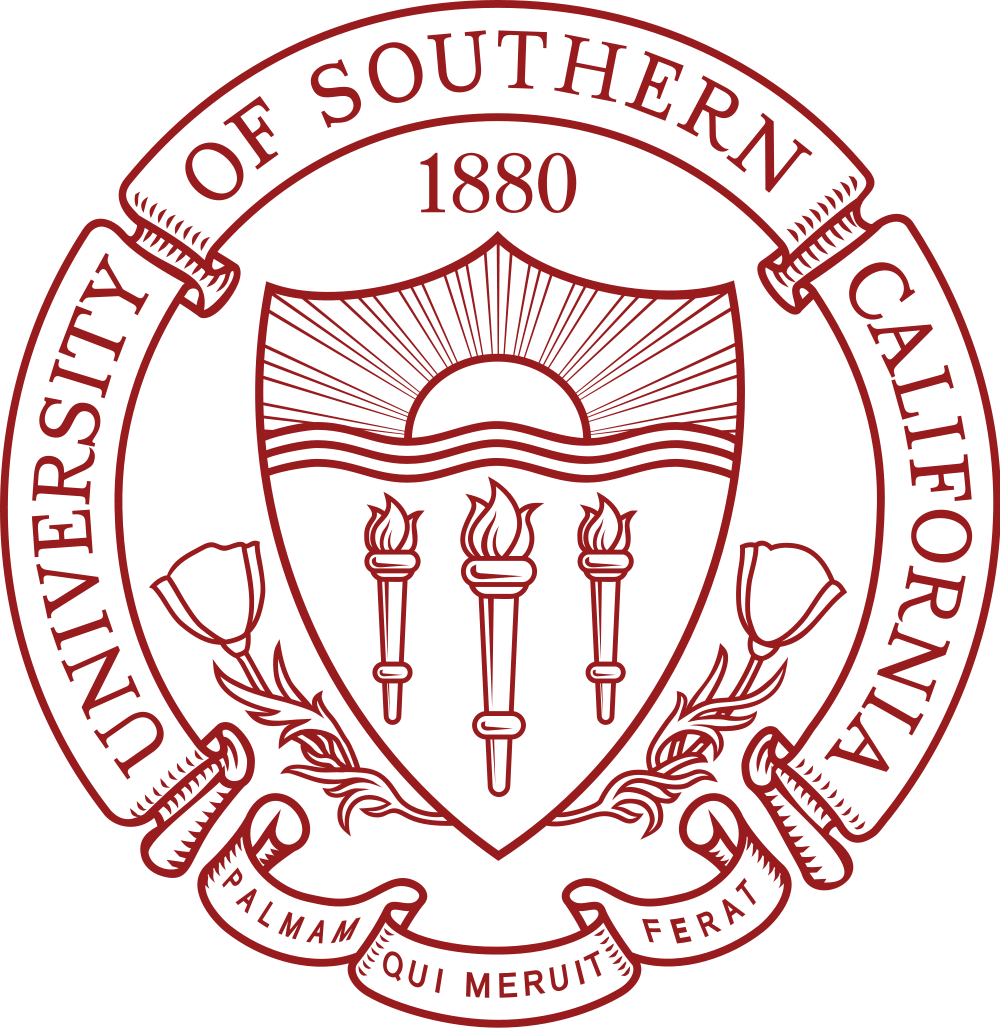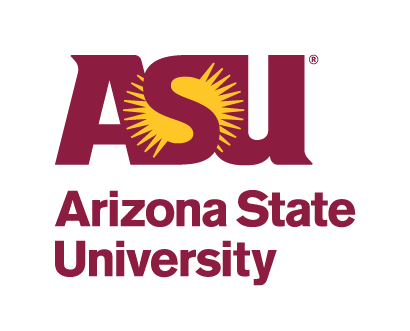
- United States
- United Kingdom
- Canada
- Australia
- Netherlands/Ireland
- High School
- University
- Research Institute
- Conditional Admission
- Community College
- Public College
- Private College
- United States
- United Kingdom
- Canada
- Australia
- Netherlands/Ireland
- High School
- University
- Research Institute
- Conditional Admission
- Community College
- Public College
- Private College
Study in the UK STUDY UK
Introduction
Education System Overview
The UK education system operates on a term basis, with the academic year divided into three terms: autumn, spring, and summer. Autumn is the primary intake period, followed by spring, giving students flexibility in planning. One of the most appealing aspects of UK universities for international students is the one-year program and their openness to interdisciplinary applicants. UK master's programs can be categorized into taught and research-based, with many schools offering pre-master's courses designed for interdisciplinary students to bridge the gap between different fields and enhance English proficiency. Most UK master's programs, whether taught or research-based, require the submission of a personal dissertation for degree completion. However, many institutions that were previously focused on vocational education have transitioned into universities, offering project-based or internship-inclusive master's programs to provide more options for international students.

Pre-Master's Program
Pre Master’s
Some schools offer Pre-Master's programs tailored to specific fields. These programs have lower English language requirements and are designed for interdisciplinary students, providing foundational courses to bridge the gap in university knowledge. This enables students to transition smoothly to a master's program and adapt to the academic environment in the UK. The qualifications obtained from pre-master's programs are Graduate Diplomas or Graduate Certificates, which are informal degrees.

Taught Master's Program
Taught Master’s
The structure of taught master's programs includes lectures, seminars, guidance on thesis topics, and individual assignments. Students typically write a personal dissertation in the final term of the program to obtain their degree. Common taught master's degrees are categorized by field, such as MA (Master of Arts), MSc (Master of Science), and MBA (Master of Business Administration).

Research Master's Program
Research Master’s
Research Master's programs focus on individual research and typically last one to two years. Professors take on a more advisory role and often do not teach classes. These degrees have a higher research component, and students pursuing research master's degrees usually progress to a Ph.D. level, with their research during the master's program often extending into the doctoral phase. Common research master's degrees include MRes (Master of Research) and MPhil (Master of Philosophy).
Education System
Educational System
The education system in the United Kingdom starts early, with compulsory education beginning at the age of five. Students complete six years of primary school, three years of secondary school, and two years of high school before taking the GCSE exams at the age of 16, marking the end of compulsory education. After this, students can choose between vocational education based on their career plans or pursue academic studies. Academic students need to complete an additional two years of A-level courses, equivalent to basic higher education in Taiwan. This allows students to study subjects of interest and take the A-level exams in those subjects upon completion to qualify for university admission.
High School
GCSE
Grade 10High School
High school
Grade 11Grade 12Grade 13University
Undergraduate
Grade 1Grade 2Grade 3Graduate School
Postgraduate
Grade 1
*Junior High School
Grade 9Grade 10High School
High school
Grade 11Grade 12University
Undergraduate
Grade 1Grade 2Grade 3Grade 4Graduate School
Postgraduate
Grade 1Grade 2
Application Process
Application
Most UK applications do not have set deadlines and follow a rolling admissions process. Typically, applications can be submitted starting from September each year until spots are filled or just before the start of the academic year (slight variations exist for universities and research institutes). Unlike many other countries, the UK does not require English proficiency test scores (such as IELTS/TOEFL) during the application process. Schools will review the application materials and make admission decisions directly. If accepted, students only need to submit their final grades before the start of the academic year or attend pre-sessional courses at the school to meet language requirements. Additionally, most UK master's programs do not require GRE/GMAT scores and place more emphasis on students' academic records and relevant experiences.
Step 1 - Application Preparation
- School Selection Strategy Planning
- Initial School Application Selection
- Study Abroad Exam Preparation
- Confirm Recommender Selection
Step 2 - Document Preparation
- Finalize School Application List
- Prepare Application Documents (Transcripts, Passport)
- Complete Writing and Editing of Application Documents
Step 3 - Official Application
- Confirm Recommender Submission of Recommendation Letter
- Provide Required Transcripts and Certificates
- Monitor Application Status and Application Email
Step 4 - Application Results
- Confirm Final School or Language Course Enrollment
- Arrange Accommodation
- Prepare Required Visa Documents
- Apply for CAS from School
Step 5 - Pre-Departure Preparation
- Apply for UK Student Visa
- Select Courses According to School Regulations
- Confirm Dormitory Check-In Time
- Book Flight Tickets, Arrange Entry Itinerary
Recommended Articles
TOEFL / GRE / GMAT Exemption Zone
You can apply to universities/research institutes in the United States, United Kingdom, and Canada without TOEFL, IELTS, GRE, GMAT, or SAT scores!













 Study in the USA
Study in the USA Study in Australia
Study in Australia Study in the UK
Study in the UK Study in the Netherlands/Ireland
Study in the Netherlands/Ireland Study in Canada
Study in Canada Conditional Admission
Conditional Admission



